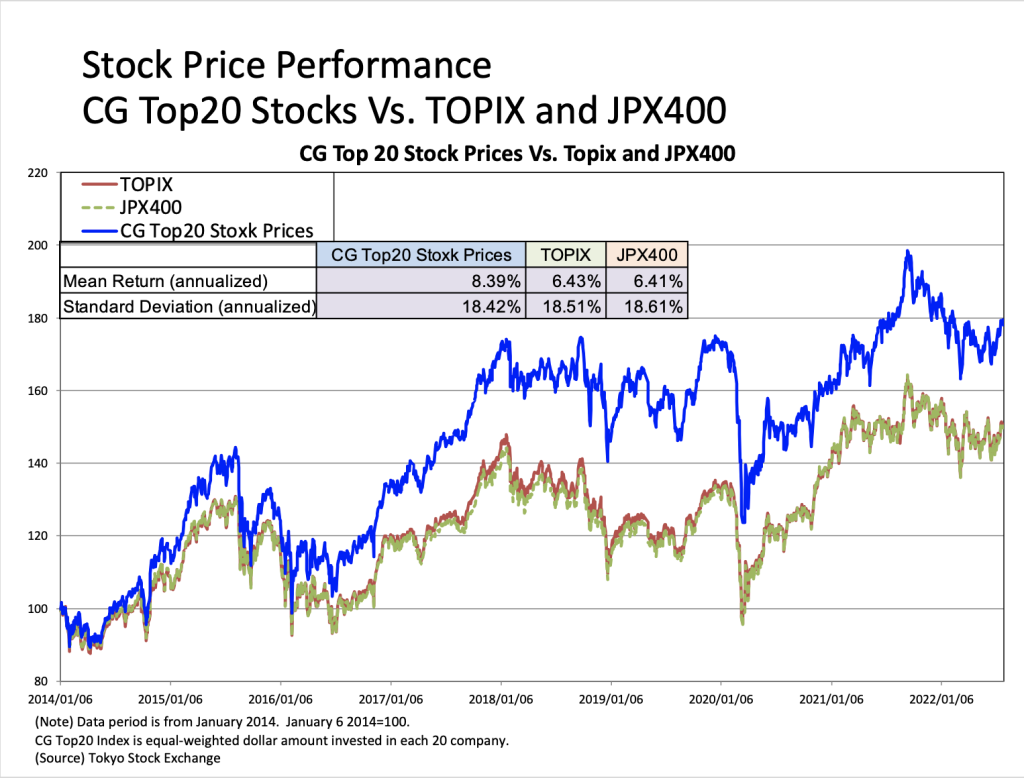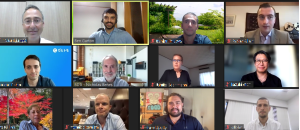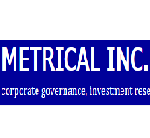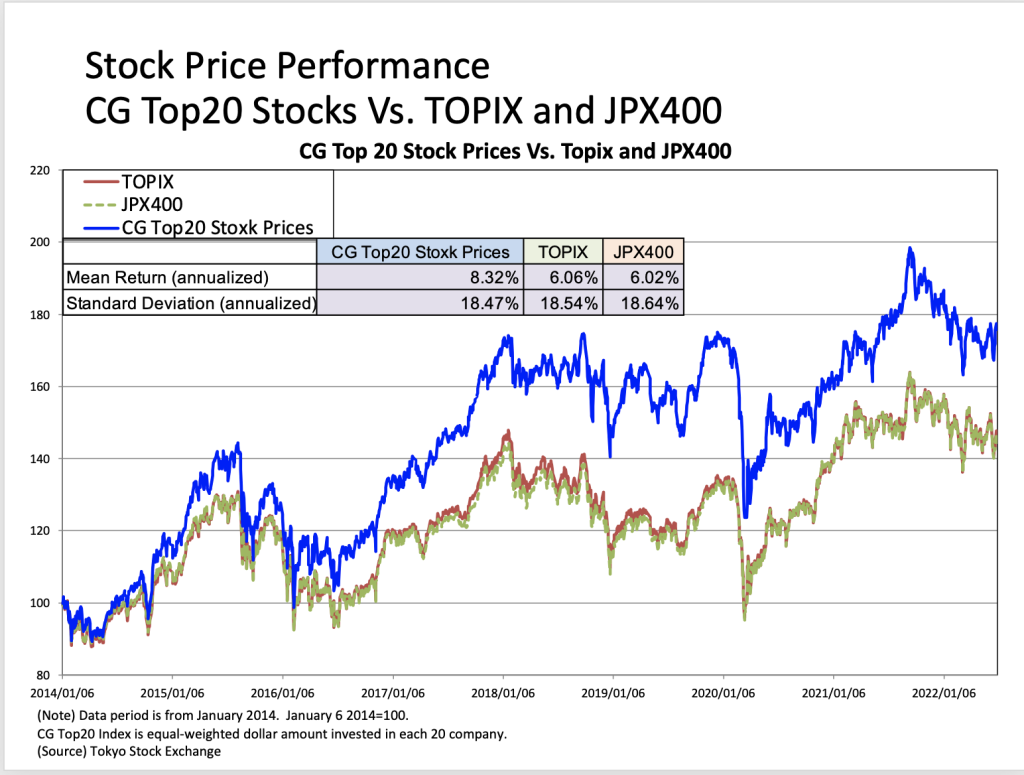This webinar explores how in Japan there was no traditional role of “General Counsel” (GC), in Japanese companies. However, as Japanese companies have expanded and globalized, more of them are realizing that it is essential to have an actual licensed attorney serve as the “Chief Legal Officer” (CLO), serving a broader, more senior, and influential role.
BDTI’s own Nicholas Benes interviews the well-known Larry Bates, who recently stepped down from his role as Panasonic’s first General Counsel. During the past 30 years, Larry has served as General Counsel at three different companies, all of which operated in a global legal context. To provide actionable advice and perspectives to Japanese companies, the interview focuses on key issues such as: “What should be the GC’s role and mission, and how does the concept of “GC” differ from the traditional Japanese model?” and “What are the pros and cons of having the GC sit on the board and what is his or her relationship with the board and other executives?” – among other questions.
Included is a short panel discussion with other experienced legal advisors and independent directors at global companies. Larry Bates is joined by Chika Hirata, currently Regional Head of Ethics and Compliance at Takeda, and the former CLO and Corporate Secretary at MetLife Japan; and by Yumiko Ito of Ito Law Office, who also serves as an independent director for Kobe Steel, Ltd. and as an independent corporate auditor for Santen Pharmaceutical, Co., Ltd., and has served as General Counsel at Sharp Corporation, GE Medical Systems Japan, and Microsoft Japan.


-1024x767.png)








